When filing a car accident claim in Charleston, establishing negligence is of the utmost importance.
Negligence is the foundation of all car accident claims and you must prove that another person was careless in order to secure full compensation. Below, our Charleston car accident attorney explains the elements of car accident negligence you must prove, and what is needed to prove negligence.
What is Negligence?
In the context of car accidents, negligence refers to a failure to exhibit the same level of care another reasonable person would have in the same situation. Negligence, such as distracted driving, impaired driving, and speeding can result in serious harm to others. When this is the case, accident victims can file a claim against the negligent party to recover compensation for their medical expenses, lost income, and other losses. To do this, though, they must first prove car accident negligence.
Duty of Care
Proving duty of care is the first element when establishing negligence. Duty of care simply means that a person owes someone else to act in a reasonable manner so no one becomes hurt. Proving duty of care is more straightforward in car accident cases than other types of personal injury cases. For example, while property owners do not owe all visitors a duty of care, all motorists owe other drivers to operate their vehicles in a safe manner that will not cause an accident.
Breach of Duty
Proving a breach of duty of care requires you to establish the negligent action or inaction of another motorist. This shows that they breached the duty of care owed to you. Failing to stop at a red light, speeding, and following too closely are just a few negligent actions that can cause a car accident. Proving a breach of duty is much more difficult than proving another motorist owed you a standard of care. When proving car accident negligence, however, this is a crucial step.
Causation
Proving another motorist acted negligently is not enough when filing a car accident claim. You must also show a direct link between the act of negligence and the crash. Essentially, this means proving that their negligence caused your injuries. The courts in South Carolina use two tests typically to determine causation. These are proximate cause and actual cause.
Proximate cause refers to whether the accident was a foreseeable consequence of the defendant’s actions or inactions.
Actual cause questions whether the injury would have occurred but for the actions of the defendant.
Damages
Lastly, car accident claims are intended to compensate you for any damages, or losses, you suffered as a result of the crash.
These damages can include your medical expenses, lost income, pain and suffering, and other losses. If you did not sustain any damages during a car accident, there is nothing to compensate for so you cannot file a claim. You must prove not only that you suffered damages, but the extent and amount you suffered.
When proving the above elements to show car accident negligence, you must present strong evidence that supports your case.
Eyewitness Testimony
The testimony of eyewitnesses is very powerful in car accident cases. Anyone who saw the crash, or the events leading up to it can provide valuable insights into what occurred and help strengthen your arguments. At the scene of an accident, locate eyewitnesses and ask them for their name and contact information so your lawyer can follow up with them.
Statements from eyewitnesses are considered objective and neutral, providing a unique perspective on the accident.
Medical Records
Medical records also play an important role in car accident claims. These documents can provide detailed information regarding your injuries, how they were sustained, and the nature and severity of them. It is critical that you seek medical attention after any car accident. Follow through with any recommendations made by the paramedics, and visit an emergency room afterward, even if you do not think you were hurt. Not only will this document and prove your injuries, but it will also strengthen your claim. If you do not seek medical advice, the insurance company can argue that you were not injured because you did not see a doctor.
Pictures and Video Footage
Some of the best evidence is found at accident scenes. Take photographs of your injuries, any damage to the vehicles involved, and any relevant elements at the scene, such as a stop sign the defendant ran through. Video footage of the entire accident scene can also help determine how the crash occurred and who is to blame.
Police Reports
In Charleston, and the rest of South Carolina, you are required to report any car accident that results in injury, death, or significant property damage. To comply with the law, you should always call the police to the scene of any accident. Calling police to the scene will also result in an official police report. The report may indicate which driver is at fault and the act of negligence that caused the crash. This is very useful when proving car accident negligence.
Expert Testimony
In addition to testimony from people who saw the accident, expert testimony is also useful when proving your case. A Charleston car accident lawyer will have an extensive network of experts they use in these claims, including vocational experts, accident reconstruction experts, medical experts, and others. The testimony from these experts can provide valuable insights into your case and prove your inability to work, the extent of your injuries, and who is liable for your injuries.
Call Our Car Accident Lawyer in Charleston Today
When proving car accident negligence, it is important to work with a Charleston car accident lawyer. At Trey Harrell, our experienced attorney can provide the sound legal advice you need, accurately value your claim, and prove another person was at fault so you obtain the maximum settlement you deserve. Contact us to schedule a free review of your case and to get the legal help you need. Remember Trey Helps!

 843-636-TREY
843-636-TREY